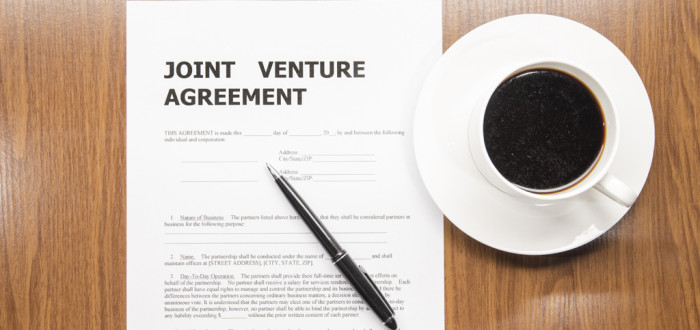Until a few years ago, entrepreneurs could only set up a company in China in the form of a J(oint) V(enture). The co-owner was always a Chinese partner or company. These days, this only applies in a limited number of sectors such as automotive, medical and other sectors determined by the Chinese government. Even so, joint ventures between Western and Chinese companies continue to exist in sectors where a company may also be completely owned by a company. This arrangement is referred to as a W(holly) O(wned) F(oreign) E(nterprise). Setting up a WOFE is complex, particularly if manufacturing is envisaged, so the alternative, i.e. a Joint Venture, is still very tempting. The Chinese partner is much better acquainted with the procedures and this know-how significantly simplifies setting up the new company.
Both legal forms have advantages and disadvantages. The following (true) story illustrates one of the disadvantages of a Joint Venture. The manufacturing JV in this case was jointly owned by a Dutch company and a Chinese company. Everything seemed fine: there were no delays in the formal procedure for setting up the JV, the business started up without problems and everything seemed to indicate that a wise choice had been made. Until…. the ill-fated day when the Dutch partner found that his staff could no longer open the company’s door. The locks had been changed and, in spite of all his efforts, he was denied access to the building. As he tried unsuccessfully to wade through all the red tape, he could only watch powerlessly as the company was stripped of all its plant and equipment. By the time this disaster ended, the Dutch partner had lost a great deal of money.
Obviously, successful JVs also exist, however the lesson to be learned here is that it is better to have full control, even if achieving this is sometimes more difficult for a foreign entrepreneur or company.
The WOFE supplying to D&D Production & Sourcing is wholly owned by D&D Production & Sourcing. Trust is good, control is even better.


